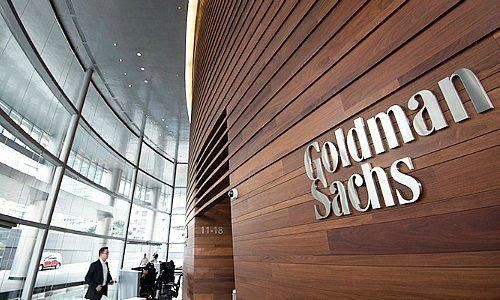Goldman Sachs Private Wealth Management posted 25 percent growth in discretionary assets in Asia credited to strict focus on a core-satellite approach and continued expansion of its platform, including the recent addition of «Defined Objective» portfolio solutions. The bank shares more with finews.asia.
According to Jacky Tang, the private bank’s Asia head of portfolio management group and portfolio advisory group, a greater focus on a «core-satellite» approach has been a key driver of growth.
This concept attempts to build robust portfolios by splitting assets into two major pools: one with the majority in stable, long-term holdings to anchor broader returns, the «core»; and another in smaller tactical and short-term investments such as a three-month FX trading idea, or «satellites».
«We have recently been focused on a core-satellite approach and have made a lot of progress in setting up clients’ core portfolios into discretionary mandates,» Tang said in a conversation with finews.asia.
«In Asia, a large number of our clients have shifted to [this] core-satellite approach with a 70/30 split between long-term assets and thematic or opportunistic assets.»
Discretionary + Advisory = Core + Satellite
In addition, the holistic oversight of both discretionary and advisory client assets – the natural channel for core and satellite investments, respectively – has further enabled the bank to drive strategic growth and momentum in the business. This is not always the case with discretionary and advisory businesses at other private banks traditionally being siloed from one another, often not only preventing collaboration but causing unintended cannibalization.
«By combining our discretionary and advisory capabilities, we can manage clients’ overall portfolios more holistically,» Tang added.
«Defined Objective»
The bank continuously makes investments to add or enhance the capabilities of its discretionary portfolio management platform, which is critical given its focus on ultra-wealthy clients and tailor-made investment mandates. Recently, it added «Defined Objective» portfolio solutions to the platform, which targets clients aiming to meet specific investment objectives.
One ubiquitously popular objective in the region is income and the bank can build portfolios around a framework with considerations for short-term and long-term cash flow, be it to fund day-to-day expenses or to meet fixed commitments. Elsewhere, private banks are also delivering solutions to generate predictable income through fixed maturity plans but Tang has doubts about the trend's sustainability.
«Simply buying and holding bonds is not enough to meet investors’ income and risk management needs,» he said, highlighting low yields and increasing market uncertainty. «We believe the trend in fixed maturity plans is nearing its end.»
In addition to income, the bank also sees a growing need for ESG-related objectives which the bank attributes to demand from non-traditional institutional clients and family offices.


























